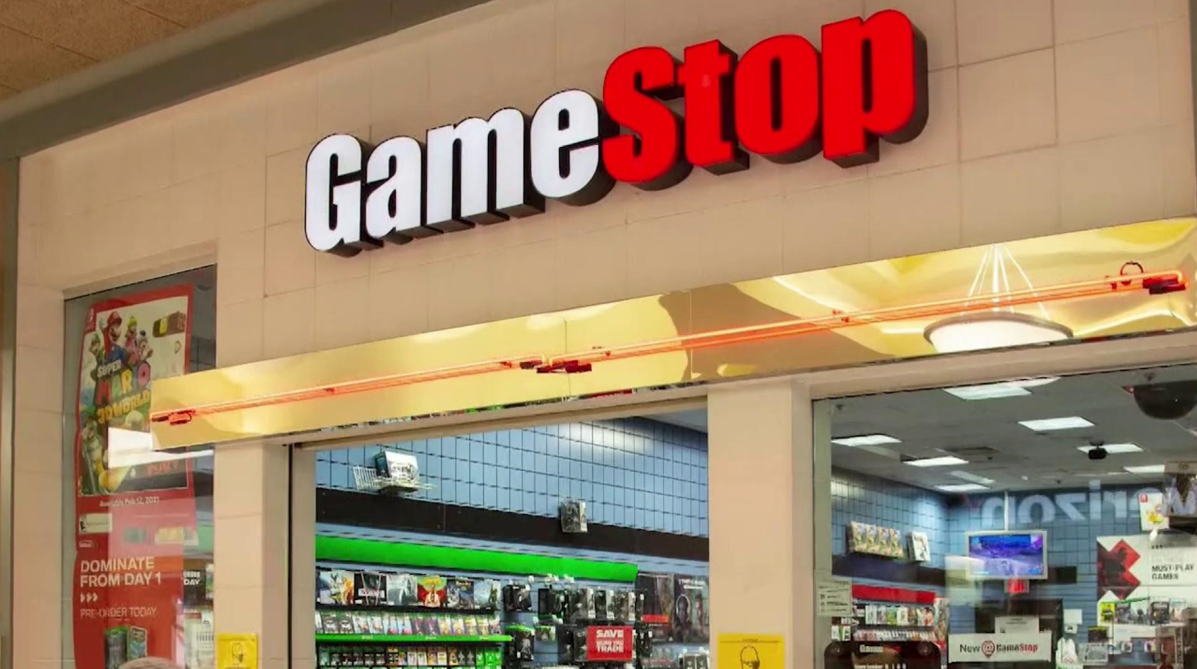Introduction
GameStop Corporation, often abbreviated as GME, is a household name in the gaming industry and the stock market. With a history spanning decades, GameStop has experienced various ups and downs, making it a subject of intrigue and discussion. In this article, we delve into the intricate details of GameStop Corporation, covering its history, stock market relevance, and much more. Let’s embark on a journey to uncover the fascinating world of GME.
GME: A Brief Overview
GameStop Corporation, founded in 1984, began as a small software retailer in Dallas, Texas. Over the years, it evolved into a retail giant with a primary focus on video games, consoles, and gaming accessories. GameStop’s presence expanded globally, cementing its position as a leading player in the gaming industry.
The Evolution of GME
GameStop’s journey is marked by its ability to adapt to the ever-changing gaming landscape. From brick-and-mortar stores to e-commerce, GME has embraced technological advancements, ensuring its relevance in the digital age.
GME in the Stock Market
GameStop’s influence extends beyond gaming, with a significant presence in the stock market. Its shares have garnered immense attention, sparking debates and discussions among investors and traders alike.
The GameStop Stock Phenomenon
The GameStop stock saga of early 2021 made headlines worldwide. Reddit’s WallStreetBets community and individual investors collectively drove the GME stock price to unprecedented heights, challenging established financial institutions. This phenomenon reshaped the way we perceive stock markets.
Understanding GME’s Stock Performance
To comprehend GameStop’s stock performance, it’s crucial to analyze factors like market volatility, short selling, and retail investor sentiment. GME’s stock journey is a testament to the power of collective action and the impact of social media on financial markets.
GME and Wall Street
GameStop’s interactions with Wall Street have been a topic of intense scrutiny. The clash between retail investors and hedge funds over GME stocks highlighted broader issues within the financial industry.
The Role of Short Selling
Short selling, a practice where investors bet against a company’s stock, played a pivotal role in GameStop’s story. The battle between short sellers and retail investors brought GME into the spotlight, triggering a wave of discussions on market ethics.
Regulatory Reforms and GME
The GameStop saga prompted discussions about the need for regulatory reforms in the financial industry. It raised questions about market manipulation and the role of financial institutions in shaping stock prices.
GME’s Future Prospects
The future of GameStop Corporation is a subject of speculation and anticipation. As the gaming industry continues to evolve, GME faces opportunities and challenges.
Embracing E-commerce
To stay competitive, GameStop is shifting its focus towards e-commerce. This transition aims to cater to the growing online gaming community and adapt to changing consumer preferences.
GameStop’s NFT Ventures
GameStop has shown interest in exploring the world of Non-Fungible Tokens (NFTs). This move aligns with the industry’s growing interest in digital collectibles and blockchain technology.
Community Engagement
GameStop is actively engaging with its community of gamers and investors. Through initiatives like exclusive in-game content and shareholder perks, GME aims to strengthen its bonds with its supporters.
FAQs
Q: What is the origin of GameStop Corporation?
A: GameStop was founded in 1984 as a software retailer in Dallas, Texas.
Q: Why did GameStop’s stock price surge in 2021?
A: GameStop’s stock surge in 2021 was primarily driven by individual investors and online communities, challenging established financial institutions.
Q: How does short selling affect GameStop’s stock?
A: Short selling involves betting against a company’s stock, and it played a significant role in GameStop’s stock price fluctuations.
Q: What is GameStop’s strategy for the future?
A: GameStop is focusing on e-commerce, exploring NFTs, and strengthening its community engagement to adapt to the evolving gaming industry.
Q: Is GameStop Corporation still relevant in the digital age?
A: Yes, GameStop remains relevant by embracing digital trends, such as e-commerce and NFTs, to cater to the modern gaming community.
Q: What impact did the GameStop saga have on stock markets?
A: The GameStop saga reshaped perceptions of stock markets, highlighting the power of collective action and the influence of social media.
Conclusion
GameStop Corporation, or GME, is a multifaceted entity with a rich history in the gaming industry and a significant presence in the stock market. Its journey from a small retailer to a global player reflects its adaptability and resilience. The GameStop stock phenomenon of 2021 and its interactions with Wall Street have left a lasting impact on financial markets.
As GameStop continues to evolve by embracing e-commerce, exploring NFTs, and engaging with its community, its future remains a subject of keen interest. GME’s story reminds us of the dynamic nature of both the gaming industry and the stock market.
Intrigued by GameStop Corporation? Stay informed about its developments and stock trends to witness its ongoing transformation.
